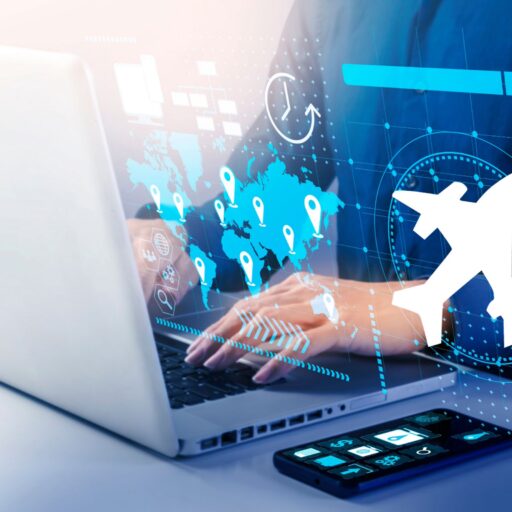Discover The Best CRM Setup for a Travel Agency :
Running a travel agency in 2025 requires more than booking flights and hotels. Each client expects fast answers, tailored itineraries, and professional follow-up. Agencies must handle multiple requests, coordinate with various providers, and personalize every project. A CRM helps make this possible. With the right setup, it centralizes information, streamlines communication, and saves time across the team. To be effective, the CRM must reflect the agency’s business logic and client diversity.
Understanding Travel Agency Needs
Travel agencies work with a wide range of contacts: solo travelers, families, companies, and groups. They also rely on partners such as airlines, hotels, local guides, and booking platforms. The CRM must centralize all client data and also track communications with partners. It should help manage both customer relations and internal coordination.
Contact Types to Create
Clear segmentation supports better communication and tracking. Consider including:
Individual clients: for leisure or personal trips
Corporate clients: for business travel or incentive events
B2B contacts: such as hotels, guides, or tour providers
Booking partners: OTAs or logistics platforms
Each contact profile should include preferences, status, and history.
Useful Modules to Activate
To match the daily workflow of a travel agency, activate the following modules:
Lead pipeline: to track project progress from first contact to confirmation
Quote builder: to create and send personalized proposals quickly
Travel history and document archive: to store past trips and key files
Billing and payment tracking: including deposits and balances
Calendar integration: to view confirmed trips and travel dates
These tools bring clarity and improve team productivity.
Recommended Custom Fields
Some extra fields help tailor offers and improve lead qualification:
Desired destination
Estimated budget per person or group
Number of travelers
Expected departure and return dates
Trip type: leisure, business, cultural, or group
These details support targeted proposals and precise planning.
Example of a Client Journey
An optimized CRM supports every client interaction. A typical workflow might be:
A lead is added after a call or form submission
A quote is sent within 48 hours
If there’s no response after 5 days, an automatic follow-up is sent
After confirmation, travel documents are delivered
Five days after return, a satisfaction email is sent
This cycle ensures consistent communication and proactive service.
Real Case: Tailor-Made Travel Agency
A bespoke travel agency uses its CRM to track client preferences like travel pace, hotel category, and dietary needs. The CRM automates reminders for each stage—quote, payment, documents, feedback. It also stores valuable insights for future trips. The result: higher conversion rates and stronger client loyalty.
Conclusion
A well-configured CRM becomes the operational core of a modern travel agency. It simplifies lead management, strengthens collaboration, and improves the customer experience. In 2025, it’s no longer optional—it’s a vital tool for growth and excellence.












